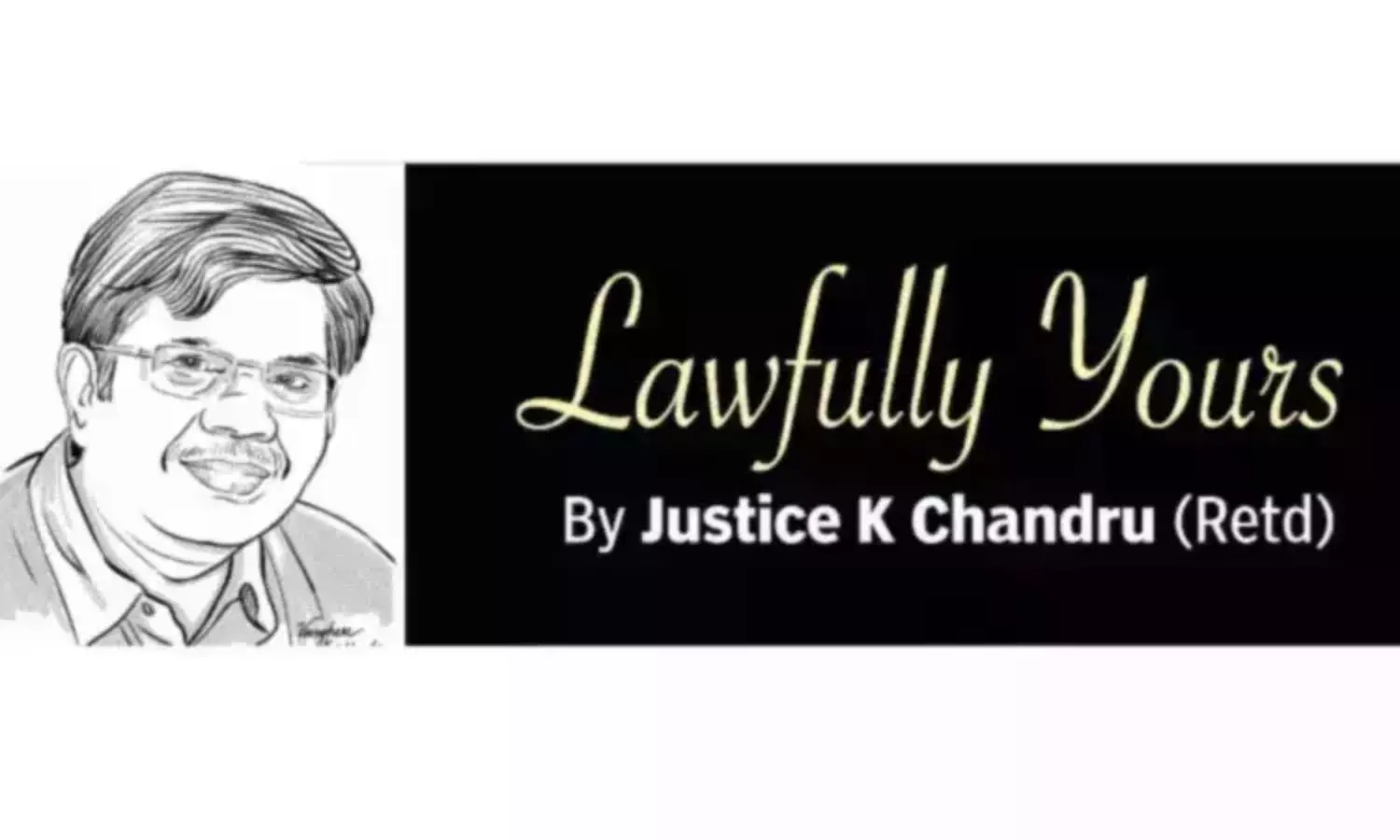Lawfully yours: By Retd Justice K Chandru
Your legal questions answered by Justice K Chandru, former Judge of the Madras High Court. Do you have a question? Email us at citizen.dtnext@dt.co.in;

Courts not precluded from interfering though right to privacy not absolute
Q: The Digital Personal Data Protection (DPDP) Act - 2022, aimed at striking a balance between the right to privacy and national security, in reality, grants the government more leniency in the name of exemptions. The exemptions granted to government agencies by the State on grounds such as national security lead to data collection, processing, and retention beyond what is necessary, violating the fundamental right to privacy. Also, it provides additional grounds for processing personal data without consent. With consumer identity theft, profiling, censorship, surveillance, harassment, discrimination, exploitation, and fraud on the rise, isn’t this Act more a bane than a boon to the common man? Is it necessary that the “security of the State” should come at the cost of individual rights? Who decides on what basis whether such a data collection is unbiased? Meera K Ajay, Chennai
A: A reasonable restriction on your fundamental right can be made on grounds of “security of the State” also. Therefore, your fundamental right to privacy is not absolute. But when the State takes that as a defence, courts are not precluded from going into that and deciding whether such a defence is valid.
If seen to be given under duress, court can reject dying declaration
Q: Will an oral testimony given to a blood relative be treated as a dying declaration? What if it is not rendered voluntarily? How will the court confirm the reliability of the same? Syed Nizam, Perumbakkam
A: Dying declaration is set out under Section 32 of the Indian Evidence Act. If it is recorded by a magistrate, then its evidentiary value is high. But it does not preclude the death declaration given before others. But always such a declaration has to be treated as any other evidence. It is subject to the court’s acceptance. If there is any duress then the court will reject that evidence.

